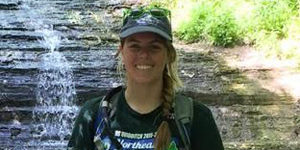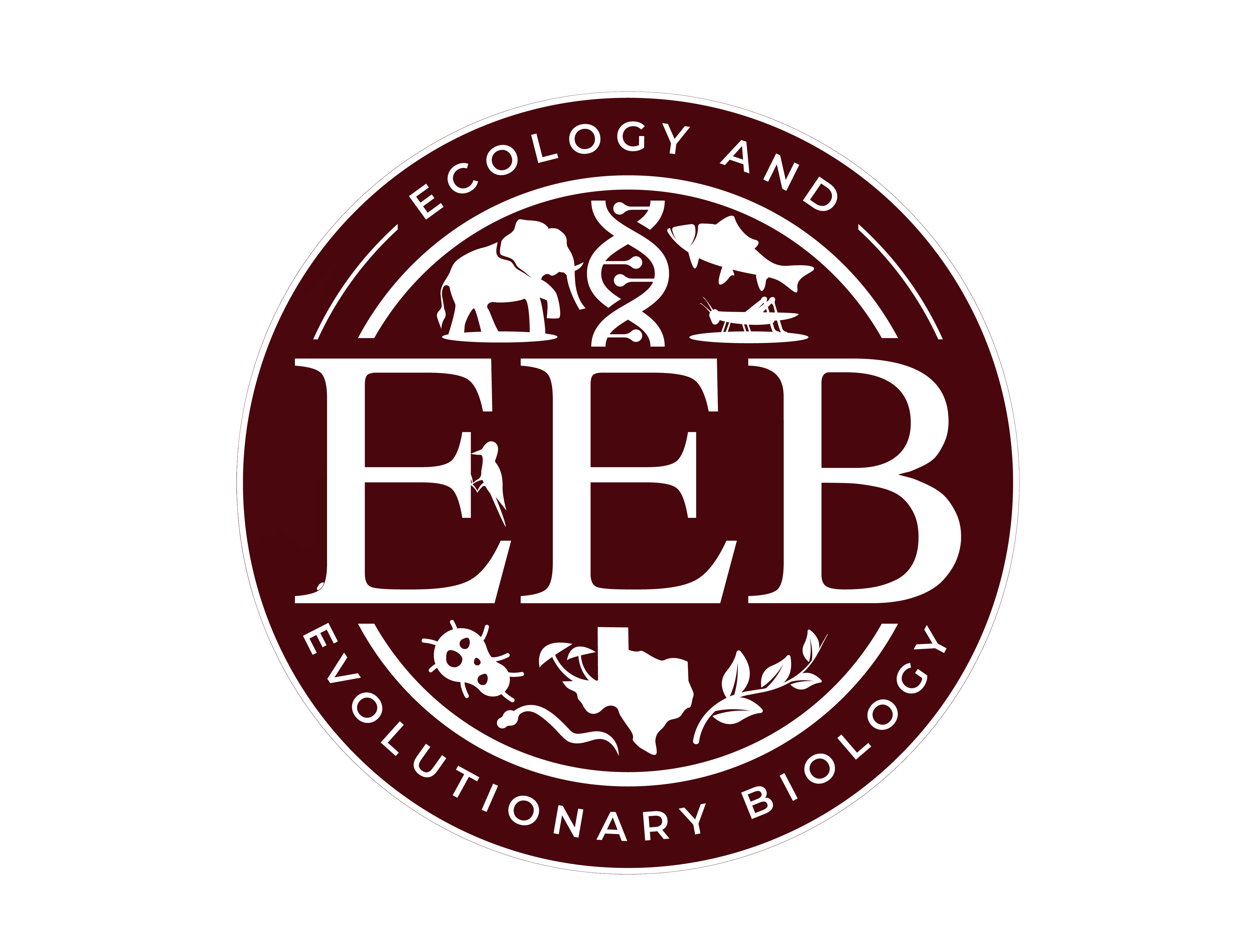PI: Gil Rosenthal
Co-PI: Manfred Schartl
Committee: Kirk Winemiller, Heath Blackmon
Dissertation Defense – Zach Hancock
Spotlight: Janelle Goeke
Janelle Goeke is a PhD student interested in coastal ecology. She received her BS from the State University of New York at Geneseo.
Janelle will be studying community shifts due to mangrove encroachment into salt marshes along the Gulf coast. She is particularly interested in the changes in food web interactions as a result of the mangrove encroachment.
EEBISO Journal Club
Please join us at O’Bannon’s at 4 pm on Friday, 2/10/17 for our third EEB Journal Club meeting of the semester. We will be discussing:
“Species interactions constrain geographic range expansion over evolutionary time” [Abstract]
Spotlight: Stephen Bovio
Stephen Bovio is a first year graduate student in the Rosenthal lab and is interested in mate choice and its evolutionary consequences.
Stephen received his BS in biology at Trinity University in San Antonio, Texas, where he studied the social and mating system of the Northern Pygmy Mouse (Baiomys taylori).




